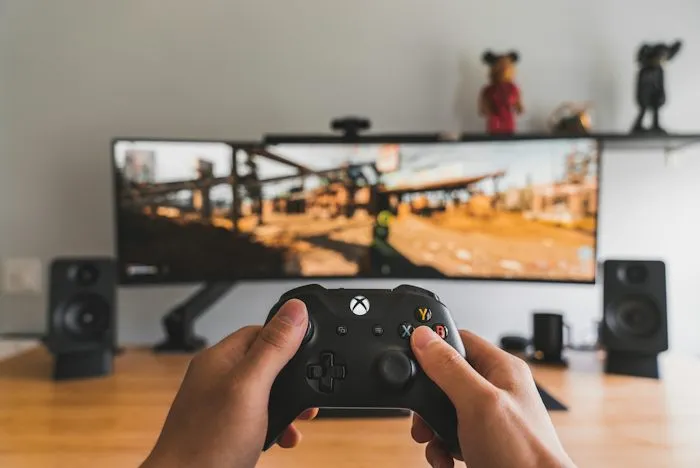Microsoft Moves Away From Exclusives

It might surprise you to learn that in 2022 gaming was estimated to have reached a $347 billion industry. This is larger than the combined global theater box office about the same size global box office combined with the pay TV market. Microsoft, one of the big three of the console gaming industry is trying a new strategy.
Microsoft announced on Thursday its plans to launch four of its exclusive video games on rival gaming platforms. Phil Spencer, the leader of Microsoft’s gaming sector, emphasized in a company announcement that this move does not signify a departure from Microsoft’s core strategy regarding exclusive titles. However, this development indicates Microsoft’s openness to enhancing its revenue streams by making games previously exclusive to its platforms accessible on other consoles.
The tech giant finalized its purchase of the renowned game publisher Activision Blizzard for upwards of $75 billion in October. Gaming contributed to 11% of Microsoft’s revenue in the fiscal second quarter, marking a significant income source for the world’s leading public company by market value. Microsoft’s Game Pass service, boasting 34 million subscribers—a significant increase from 25 million two years prior—provides users access to a vast library of games. However, Microsoft’s latest consoles, the Xbox Series X and Series S launched in 2020, have not reached the popularity levels of competitors like the Sony PlayStation 5 or the Nintendo Switch.
Spencer noted, “This is a pivotal moment for us to leverage the strengths of other platforms to expand our franchise reach, and we plan to do just that.”
While Microsoft has chosen not to disclose the specific games to be released on competing consoles, Spencer clarified that neither the recently launched Starfield nor the anticipated Indiana Jones and the Great Circle would be among them. He mentioned that two of the games are “community-driven,” and the other two are smaller projects not initially intended for exclusivity on Microsoft platforms.
Numerous Xbox enthusiasts voiced their discontent on social media platforms, theorizing that Microsoft might abandon efforts to secure exclusive titles for its console moving forward. They argued that the absence of unique content, unavailable on other platforms, could diminish the appeal of continuing investments in Xbox hardware and software.
Responding to the community’s reaction and the speculation fueled by The Verge’s coverage, Spencer assured on X (formerly Twitter), “We’re listening and we hear you. We are preparing a business update event for next week to share more about our vision for Xbox’s future. Stay tuned.”
Spencer shared his perspective on the industry’s future, suggesting, “I believe that in the next five to ten years, the significance of hardware-exclusive games will increasingly diminish in the gaming industry.”